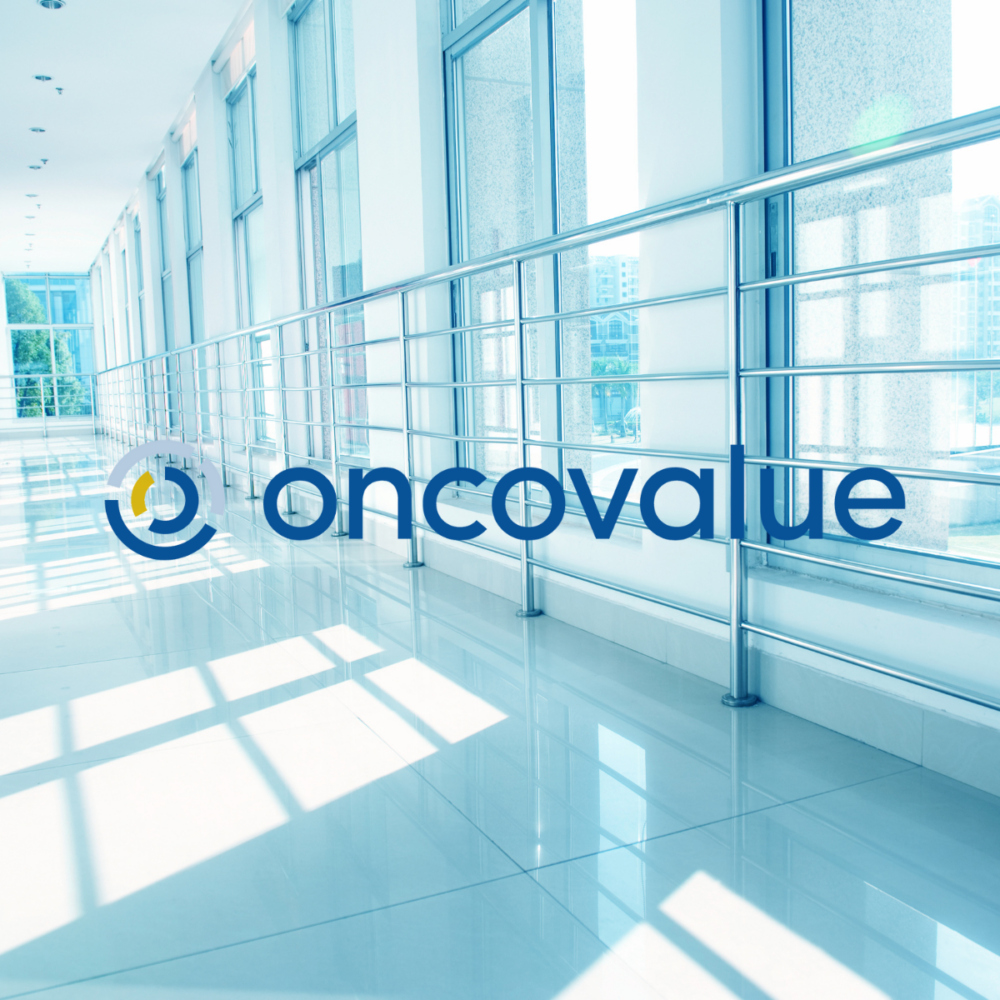
Introduction: Setting the Stage for Better Oncology Care
In the fight against cancer, data is power. Yet, much of the Real-World Data (RWD) collected in hospitals and cancer centers remains untapped, locked in unstructured formats. The ONCOVALUE project led by Helsinki University Hospital (HUS) and supported by the European Commission’s HORIZON initiative, is set to change that. By using artificial intelligence (AI), ONCOVALUE aims to transform scattered clinical notes, imaging, and patient-reported outcomes into structured insights that can guide clinicians, regulators, and Health Technology Assessment (HTA) bodies.
Project Manager Nea Hellman from Helsinki University Hospital (HUS) explains:
The main goal of this four-year project is to collect, as comprehensively and promptly as possible, Real-World-Data (RWD) stored in the patient information systems of European cancer hospitals, thus obtaining reliable information on the real-life effectiveness of cancer therapies given to patients. It aims to develop a standardized and automated way of collecting information so that it is reliable, consistent, and comparable across the hospitals involved.
ONCOVALUE brings together a consortium of cancer institutes and industry leaders such as BC Platforms, Siemens Healthineers, and IQVIA. They leverage an OMOP-based data model to standardize and harmonize diverse clinical data, making it comparable and actionable across different healthcare systems. Anni Ahonen-Bishopp, BC Platforms’ Director of Discovery & Research Platform, adds:
The core of the project lies in this collectively agreed OMOP-based data model, which facilitates the accumulation of Real-World Data from cancer clinics. This capability is crucial for supporting health technology assessments at multiple levels—from individual clinics to national and EU-wide decision-making—facilitating more efficient and personalized cancer care.
AI assists by converting unstructured clinical data into actionable insights, enhancing both decision-making and regulatory processes.
Milestones: Transforming Oncology Care
Since its inception, ONCOVALUE has achieved milestones that underscore its impact and potential:
- Collaborations with leading healthcare institutions: The project is networking with renowned cancer hospitals and research institutions across Europe involved in other European funded projects, such as RadioVal and EuCanImage, and is also part of the cluster EASiNet (European AI Security Network), bringing together 10 projects in AI and cybersecurity. These collaborations have expanded ONCOVALUE’s research capabilities and significantly enhanced the quality of its datasets.
- Development of an innovative data integration platform: A real achievement has been the creation and implementation of a data integration platform. This platform streamlines the management and analysis of complex oncology datasets, enabling faster and more accurate insights for clinicians and researchers.
- Last November, a poster presented at ISPOR highlighted the preliminary results of a feasibility study, conducted in collaboration with clinical partners from all participating centers, and aiming to explore the current quality of the hospital data needed for health technology assessments (HTA) in early-stage breast cancer.
Secure Data Collection and Analysis
BC Platforms plays a central role in standardizing data across partner sites using the OMOP Common Data Model (CDM). This standardization ensures consistent and comparable data, allowing for seamless federated queries and analyses across diverse sources. The secure, federated infrastructure supports RWD reporting for regulatory and HTA decision-making.
BC Platforms’ tools enable secure data integration, real-time analytics, and data visualization through intuitive dashboards. This infrastructure lays the foundation for large-scale clinical trials and global collaboration, empowering stakeholders with data-driven insights to evaluate the effectiveness of novel cancer therapies.
A New Era in Cancer Care
ONCOVALUE aims to revolutionize oncology care for 40,000 European patients annually by enabling HTA bodies and regulatory authorities to adopt RWD-driven approaches. AI-powered text and image analysis will automatically extract critical clinical information from free-text notes and CT scans, turning unstructured data into actionable insights. This systematic data approach will optimize treatment decisions and enhance personalized care.
In the short term, ONCOVALUE will:
- Improve reimbursement predictions by using RWD to inform HTA decisions, ensuring fair pricing and cost-effectiveness.
- Streamline regulatory approvals by providing high-quality evidence, speeding up access to safer and more effective therapies.
- Support personalized, value-based care by helping clinicians tailor treatments to individual patient needs.
Long-term, ONCOVALUE strives to:
- Accelerate the development of safe, effective, and affordable therapies.
- Ensure sustainable healthcare by optimizing resource allocation and prioritizing the most effective treatments.
- Reduce cancer morbidity and mortality by improving treatment decisions and expanding access to novel therapies.
By integrating AI analytics, fostering cross-border collaboration, and promoting data standardization, ONCOVALUE is laying the groundwork for a future where cancer care is more precise, personalized, and globally connected.
ONCOVALUE will foster cross-border collaboration and innovation by combining cancer data from multiple European hospitals. At present, this is challenging due to differences in legislation in different EU countries for using health data for research. Coming European Health Data Space (EHDS) regulation is expected to change that by facilitating access to anonymized health data across member states, including electronic health records (EHRs), clinical trial data, genomic information, and patient-reported outcomes.
In future when EHDS realises, ONCOVALUE can expand technologies developed in the project to new EU data partners and build robust, pan-European data network for cancer research, and is contributing to a pan-European infrastructure that would enable seamless data sharing across countries. Integrating diverse datasets and AI-driven insights would enable ONCOVALUE technology to support personalized therapies, identify regional trends, and accelerate the discovery of cost-effective treatment pathways tailored to diverse populations, ensuring sustainable advancements in oncology care.
Visit ONCOVALUE’s official site for the latest updates.
References:
- Oncovalue Case Study/Podcast with Carolin Bender
- Case Study article
- Oncovalue Press Release
- Poster presented at OHDSI


